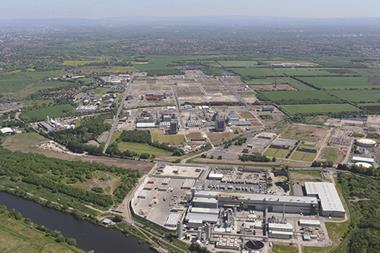The recent announcement of a delay in the Greater Manchester Spatial Framework (GMSF) was no great surprise. Burnham made no secret of his intention to undertake a “radical re-write” of Greater Manchester Combined Authority (GMCA) planning policy.

Despite political pressure for detail on the revised framework, the next draft of the GMSF is not expected for consultation release until June 2018. This may disappoint some, but it ought to be viewed as a sensible and necessary decision. The key moving forward will be whether the additional time now available is used wisely by all parties engaged in the process.
The need for a significant change in housing delivery has never been so acute and the ambitious economic aspirations for Greater Manchester are rightly at the heart of the plan. Within this context, it is positive that the recent announcements acknowledge the key role town centres beyond the Manchester/Salford regional centre have to play in urban regeneration and economic success. This must be welcomed: the patchy quality of our smaller centres in Greater Manchester is holding us back.
However, it is essential that, once the overall housing requirement for Greater Manchester has been established, housing numbers established in our town centres are founded on credible evidence on delivery - using all the tools available, including the mayor’s CPO powers. Without this, there cannot be any certainty of the housing we can reasonably expect to come forward in urban areas and our town centres in particular.
Equally, any evidence must also point towards a proven demand for high-density, apartment-led schemes in less central locations. A failure to produce this will result in falling short of delivering on the role new homes can play in regenerating our town centres.
Understandably, the release of green belt land for development is an emotive subject, but it cannot be off the table any longer - it’s time it was reviewed in the context of equally pressing housing, sustainability and regeneration imperatives for Greater Manchester. On the green belt, the GMSF preparation process shouldn’t be about appeasing lobbyists. To be successful, it needs to be informed by robust evidence bolstered by genuine engagement and collaboration between communities, political leaders, interest groups and the development industry.
A truly collaborative approach is a fantastic opportunity to deliver sorely needed infrastructure for Greater Manchester and can help to realise the massive potential within the region.






























No comments yet